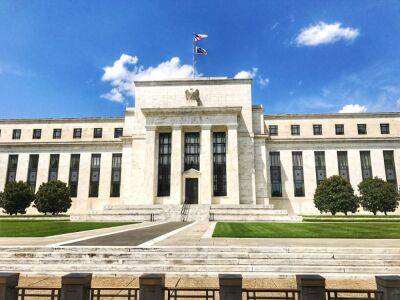UK’s outdated property taxes favour the wealthy, says OECD
Britain’s property taxes are outdated and favour a wealthy elite, according to a comparison with other countries carried out by the Organisation of Economic Cooperation and Development (OECD).
The report found that surging property prices across the OECD’s 38 member states were a cause for concern and should be restricted by more punishing property taxes.
In a series of recommendations that will make difficult reading for supporters of low property taxes, the Paris-based organisation said governments could cut taxes on workers’ incomes by raising charges on property wealth.
Laying out a six-point plan for property tax reform, the OECD said countries that sought to spur economic growth by cutting taxes on property transactions were propping up sky-high prices and favouring already wealthy sections of society.
Residential property has become the number one investment target for most people in the developed world, accounting for around 80% of all asset investment in the last 10 years. About 90% of bank lending is on mortgages.
Last year the Resolution Foundation thinktank said the government should increase property taxes to recoup some of the £3tn gained from property price rises over the previous 20 years.
Since the 2008 financial crash, when UK house prices dipped by about 15% on average, house values have soared. The most recent official figures showed prices grew by 12% in the year to May, despite concerns about the Russian invasion of Ukraine and the increasing likelihood the UK will suffer a recession later this year.
The then chancellor, Rishi Sunak, cut stamp duty on housing transactions up to a value of £500,000 in response to the downturn following the first pandemic lockdown. In the last two years house prices have
Read more on theguardian.com











![Cardano [ADA] can surpass the $1 mark if this condition is met - ambcrypto.com - city Santiment - city Santimentthe](https://finance-news.co/storage/thumbs_400/img/2022/8/16/37413_dd8u.jpg)







![David Gokhshtein - Shiba Inu [SHIB] and its untold tale of price discovery - ambcrypto.com - city Santiment - Vietnam](https://finance-news.co/storage/thumbs_400/img/2022/8/16/37404_bfgz1.jpg)

